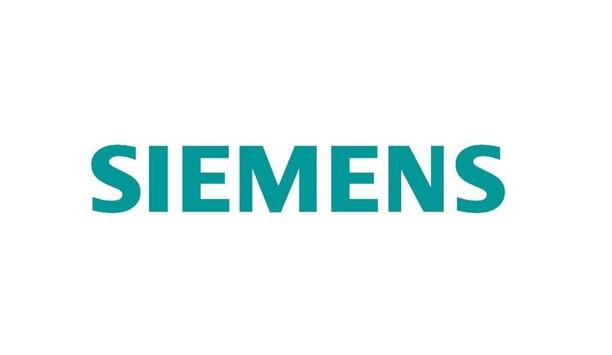 |
| The National Fire Protection Association is the authority on fire, electrical and building safety |
The NFPA's Standards Council has over-ridden opposition from the NFPA 13, 13R and 13D committees and issued Tentative Interim Amendments restricting the use of anti freeze in sprinkler systems.
For now, and until any further action by NFPA consensus standards committees, NFPA sprinkler standards prohibit the use of antifreeze in new residential fire sprinkler systems.
NFPA standards prohibit the use of antifreeze in residential fire sprinkler systems in new construction following the August 16, 2010, issuance of tentative interim amendments (TIA) to NFPA 13, NFPA 13D, and NFPA 13R. If you are putting in a new residential fire sprinkler system (including all NFPA 13D applications and the dwelling-unit portions of NFPA 13 and NFPA 13R systems), refer to the latest editions of NFPA 13, NFPA 13D and NFPA 13R, as amended by TIAs 1000, 995, and 994.
Existing Systems
NFPA sprinkler standards are installation standards and do not currently address the problem of antifreeze in existing systems. NFPA, in its role as a safety advocate, believes that owners and contractors should take immediate steps to review the status of their existing residential sprinkler systems and take appropriate action. A complete ban on antifreeze is appropriate for new systems during the period that the NFPA standards committees review the Fire Protection Research Foundation reports and determine whether limited use of antifreeze in these systems is appropriate. A more difficult problem presents itself, however, with existing systems, some of which cannot be easily retrofitted or redesigned so as to avoid the need for antifreeze. Because of the lifesaving benefit of these systems, simply shutting down these systems should not be an option. For owners and contractors who now must determine how to handle these systems.
NFPA is offering the following guidance regarding existing systems:
- Residential fire sprinklers are extremely effective fire protection devices, significantly reducing deaths, injuries, and property loss from fire. These systems should not be disconnected.
- Existing residential fire sprinkler systems, whenever possible, should not contain an antifreeze solution.
- If you have, or are responsible for, an existing residential occupancy with a fire sprinkler system, contact a sprinkler contractor to check and see if there is antifreeze solution in the system.
- If there is antifreeze solution in the system, determine if other means, such as insulation, can be used to provide adequate freeze protection.
If there is no viable alternative to antifreeze solutions, NFPA recommends the following:
- Use only propylene glycol or glycerin antifreeze solution.
- The antifreeze solution should be the lowest possible concentration required for the needed freeze potential, but under no circumstance should the antifreeze solution exceed a maximum concentration of 40% of propylene glycol or a maximum concentration of 50% of glycerin. Consideration should be given to reducing these concentrations by an additional safety factor.
- The antifreeze solution should only be a factory pre-mixed solution; use of factory pre-mixed solutions is essential to ensure the proper concentration level and solution integrity.
- Antifreeze solutions should only be used with the approval of the local authority having jurisdiction.











